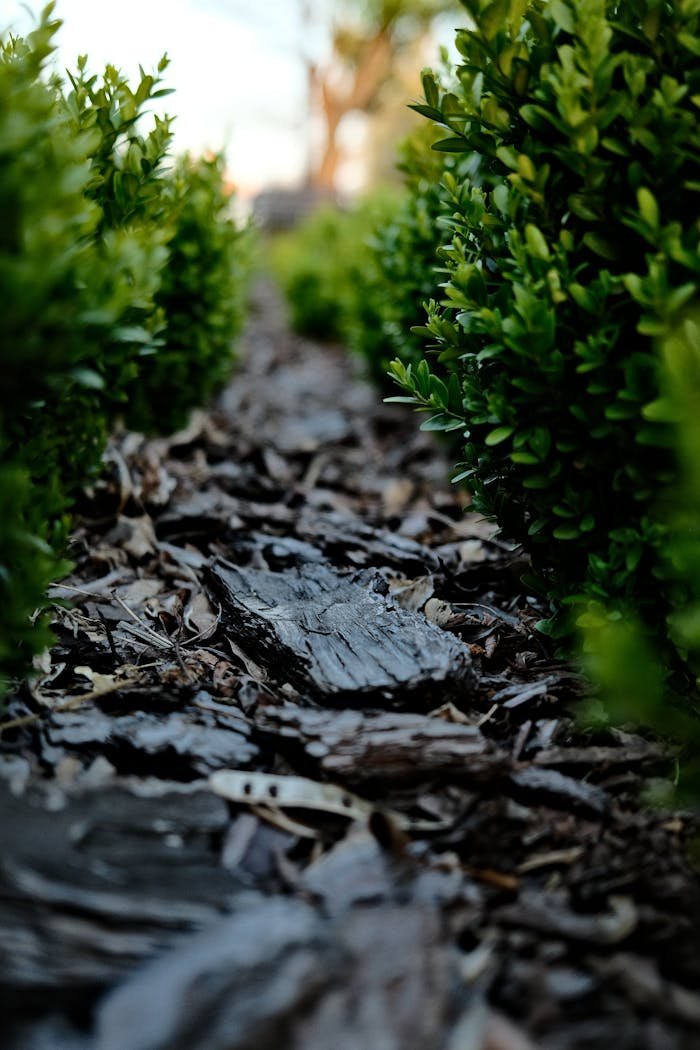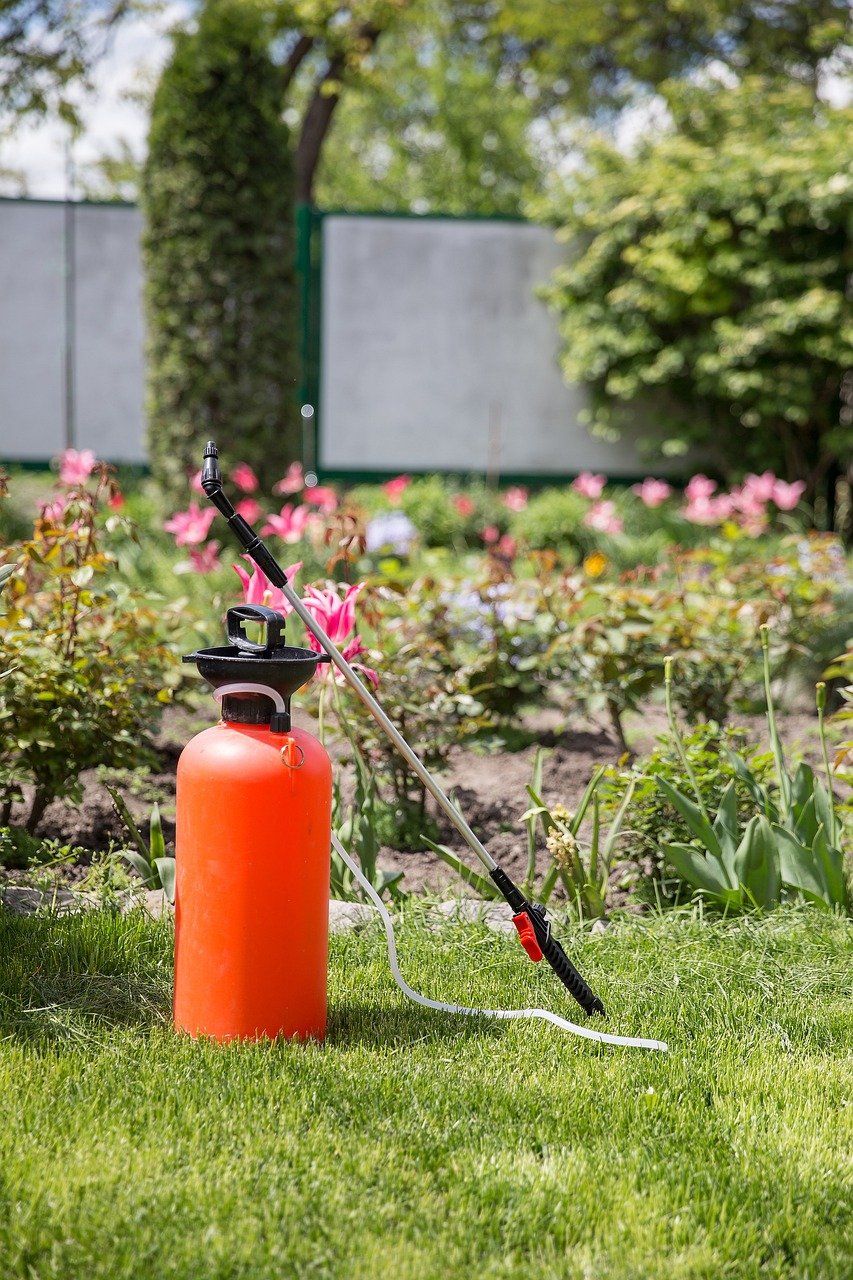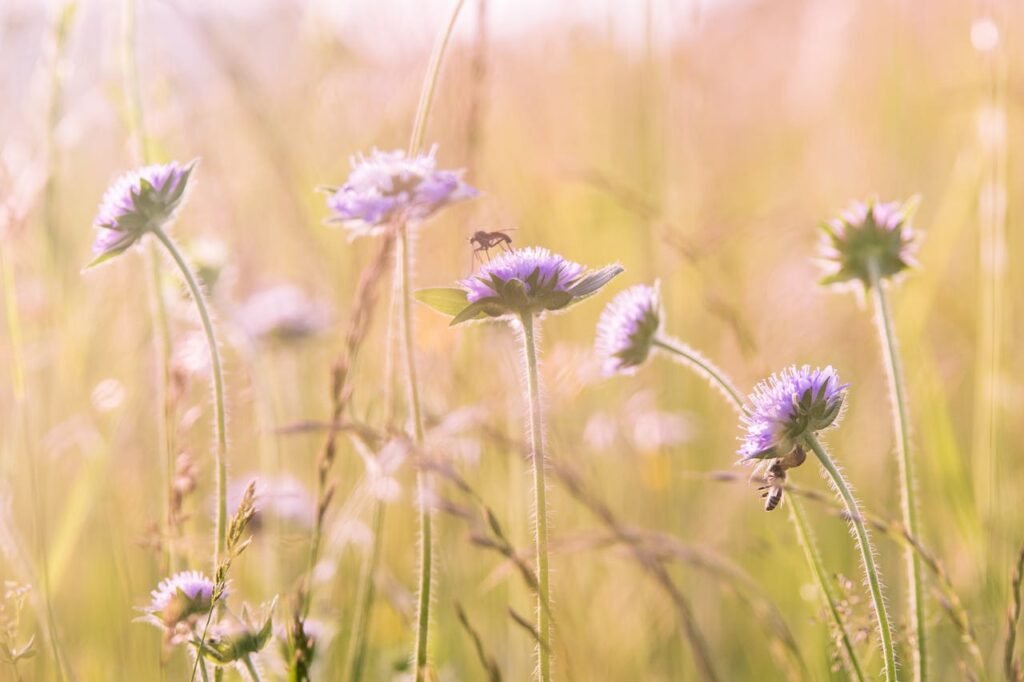One of the most dreaded tasks of gardening is weed control. If not controlled, weeds can quickly take over your garden and compete for nutrients with your vegetables. Effective weed control is of the upmost importance to ensure the health and beauty of your garden. In this blog, we’ll explore various strategies to combat weeds.


Types of Weeds
It’s important to understand what weeds are native to the area, so you can effectively manage your garden. Weeds vary per region and come in many different forms. Common garden weeds include thistles, dandelions, ground ivy, crabgrass, goosegrass, chickweed, bindweed, etc. Your local feed store may have useful information on local plant species and methods for prevention and removal. In addition, there are many online resources available.
Preventing Weeds
The best way to control weeds is to prevent them from taking root in the first place. Below are a few different methods for prevention:
- Mulching: Applying 2-to-3-inch layer of mulch around your plants can suppress weed growth by blocking sunlight. Organic mulches include straw, wood chips or shavings, and compost. Mulching also improves soil health as the material decomposes and releases nutrients into the ground. Check with your local suppliers for pricing. If your garden is larger, it’s recommended to check with bulk suppliers in your area for discounted pricing and/or delivery options.
- Landscape Fabric: Laying landscape fabric under mulch or gravel can provide an additional barrier against weeds. Best practices would be to stay away from the cheapest products. Don’t forget to cut holes for your plants and secure the fabric with stakes.
- Spacing of Plants: One option is to plant your garden densely to minimize open spaces where weeds can takeover. The downside to this is it may be more difficult to manage if working space is limited.

Removing Weeds by Hand
Pulling weeds is one, if not the most effective method for weed control. Extracting the root system stops the unwanted plants from growing back and reproducing. Below are some tips for removing weeds by hand:
- Pull Weeds Early and Often: Pull weeds as often as possible to keep a clean garden. Some weeds can produce sharp thorns so get a good pair of gardening gloves.
- Pull Weeds After Rain or Watering: Wet soil makes for much easier weed pulling.
- Tools: To make this chore easier, invest in some hand tools like a hand weeder, garden fork, garden hoe, rake, shovel, etc. A good weed-eater is always useful to have, and many come with different attachments like cultivator heads that can make the job less labor intensive.

Other Weed Control Methods
If you prefer to avoid chemical herbicides, there are several organic methods to control weeds:
- Vinegar Solution: A mixture of vinegar, salt, and dish soap can be used to kill weeds. In a sprayer, mix 1 gallon of vinegar, 1 cup of salt, and a ½ cup of dish soap. It is wise to have a dedicated sprayer for this and to make sure you always wash out the sprayer and flush the hoses after each use.
- Boiling Water: Pouring boiling water directly onto weeds can scald and kill them. This method is best for weeds growing in cracks or hard-to-reach areas.
- Burning: This is a very dangerous, but effective method to controlling weeds. Burning should only be done under the supervision of a professional in a controlled environment.
- Corn Gluten Meal: This natural product can prevent weed seeds from germinating. Apply it to your garden in early spring before weed seeds sprout.
Chemical Herbicides
When used correctly, chemical herbicides can be an effective tool for controlling weeds. Two main types are below:
- Pre-emergent Herbicides: These prevent weed seeds from germinating and should be applied before weeds emerge. They are ideal for lawns and ornamental beds.
- Post-emergent Herbicides: These are used to kill existing weeds. Selective herbicides target specific types of weeds, while non-selective herbicides kill any plant they contact.
Maintain Your Garden
Maintaining your garden year-round is a requirement if you want to achieve high yields during the growing season. Keeping the soil tilled is an effective method to keeping weeds from establishing root systems. Adding compost to your soil when tilling is recommended to increase the nutrients in the soil. Healthy soil promotes strong plant growth, which can outcompete weeds. Conduct soil tests to ensure proper pH and nutrient levels, and adjust as necessary.
Conclusion
Weed control in your garden requires a combination of preventive measures, manual removal, and, when necessary, organic or chemical treatments. By understanding the weeds you’re dealing with and employing a variety of strategies, you can keep your garden looking its best. Remember, persistence is key—regular maintenance will ensure that weeds don’t take over and that your garden thrives. Happy gardening!Top of Form
